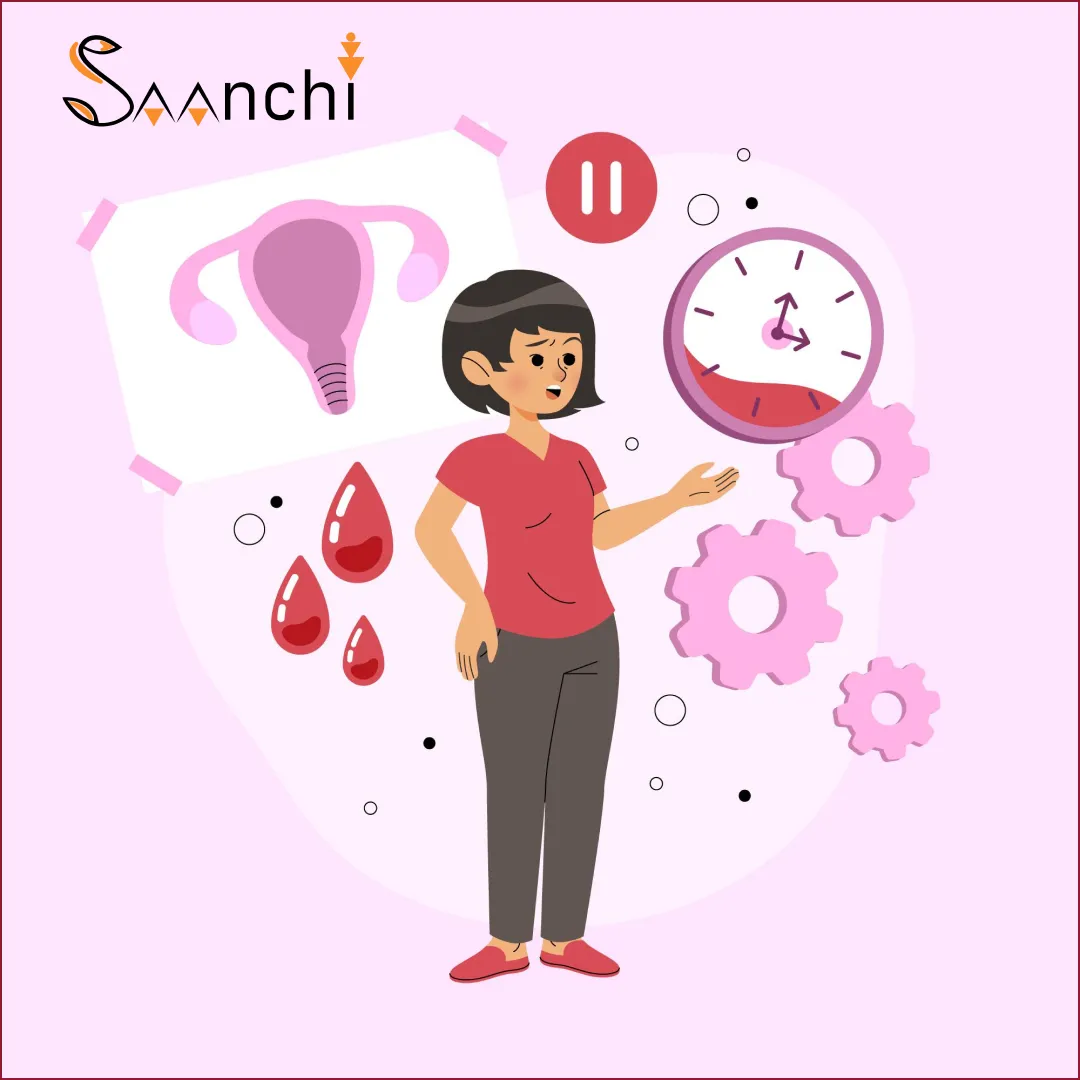Understanding Heavy Menstrual Bleeding
Heavy menstrual bleeding, medically known as menorrhagia, is a common concern for many women. It is characterized by exceptionally heavy or prolonged menstrual periods that can interfere with daily activities and cause significant discomfort. Understanding the causes and management strategies for heavy menstrual bleeding is essential for maintaining menstrual health and overall well-being.
Causes of Heavy Menstrual Bleeding
Several factors can contribute to heavy menstrual bleeding. These include:
- Hormonal Imbalances: An imbalance between estrogen and progesterone can lead to excessive thickening of the uterine lining, resulting in heavier bleeding.
- Uterine Fibroids: Noncancerous growths in the uterus can cause increased menstrual bleeding.
- Polyps: These small, benign growths on the lining of the uterus can lead to heavy or prolonged menstrual periods.
- Adenomyosis: This condition occurs when the uterine lining breaks through the muscle wall of the uterus, leading to heavy bleeding and painful periods.
- Endometriosis: When tissue similar to the uterine lining grows outside the uterus, it can cause severe menstrual cramps and heavy bleeding.
- Bleeding Disorders: Conditions such as von Willebrand disease can affect the blood’s ability to clot, leading to heavier menstrual bleeding.
- Intrauterine Devices (IUDs): Some types of IUDs, particularly non-hormonal ones, can cause heavier periods.
Symptoms of Heavy Menstrual Bleeding
Recognizing the symptoms of heavy menstrual bleeding is crucial for seeking appropriate treatment. Symptoms include:
- Soaking through one or more sanitary pads or tampons every hour for several consecutive hours.
- Needing to use double sanitary protection.
- Waking up to change sanitary protection during the night.
- Bleeding for more than seven days.
- Passing large blood clots.
- Feeling tired, fatigued, or short of breath (possible signs of anemia).
Managing Heavy Menstrual Bleeding
Managing heavy menstrual bleeding involves a combination of medical treatments and lifestyle changes. Here are some effective strategies:
Medical Treatments
- Nonsteroidal Anti-Inflammatory Drugs (NSAIDs): Medications like ibuprofen can help reduce menstrual blood flow and relieve pain.
- Hormonal Therapies: Birth control pills, hormonal IUDs, and other hormone therapies can regulate menstrual cycles and reduce bleeding.
- Tranexamic Acid: This medication helps reduce menstrual blood loss by promoting blood clotting.
- Iron Supplements: If heavy bleeding has led to anemia, iron supplements can help restore healthy iron levels.
- Surgical Options: In severe cases, procedures such as endometrial ablation, uterine artery embolization, or hysterectomy may be considered to control bleeding.
Lifestyle and Home Remedies
- Maintain a Healthy Diet: A balanced diet rich in iron, vitamin C, and other essential nutrients can help manage symptoms and prevent anemia.
- Exercise Regularly: Regular physical activity can help regulate menstrual cycles and reduce stress, which may improve symptoms.
- Stay Hydrated: Drinking plenty of water can help maintain overall health and well-being.
- Track Your Menstrual Cycle: Keeping a menstrual diary can help you understand your cycle patterns and identify any changes that need medical attention.
When to See a Doctor
If you experience heavy menstrual bleeding that interferes with your daily life, it’s essential to consult a healthcare professional. They can provide a proper diagnosis and recommend appropriate treatments based on your individual needs.
Saanchi’s Role in Promoting Menstrual Health
Saanchi, a project under the Draupadi Devi Welfare Organisation (DDWO), is committed to empowering women and promoting menstrual health awareness. Through educational programs, health awareness campaigns, and support services, Saanchi helps women understand and manage their menstrual health, including conditions like heavy menstrual bleeding. Join us in our mission to enhance women’s health and well-being through education and support.


